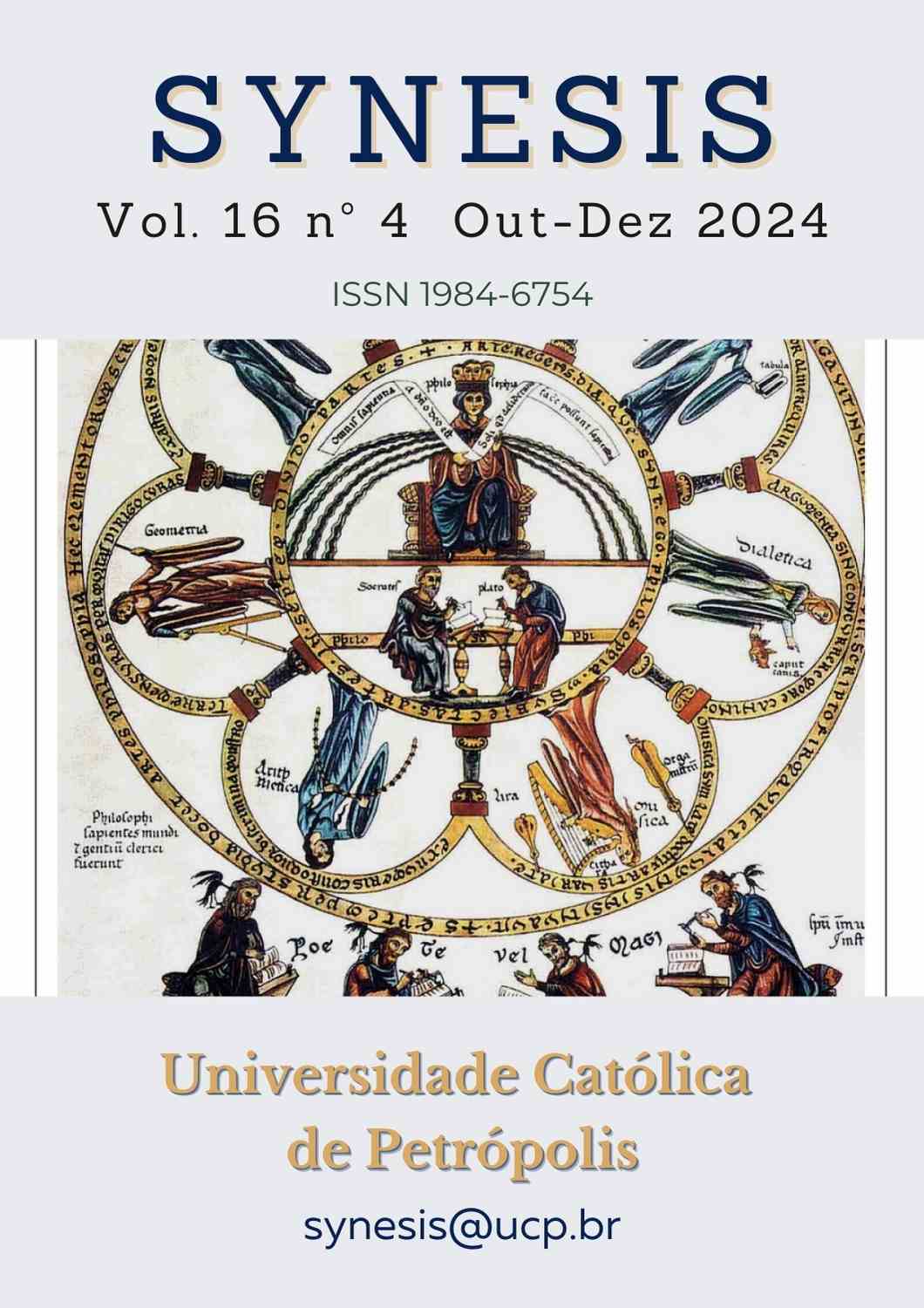Abstract
This article provides an in-depth examination of Richard Stanley Peters’ significant contributions to the philosophy of education, focusing on how his ideas have shaped contemporary educational theory and practice. His contributions emphasize the intellectual and ethical development of individuals, arguing that education must cultivate both critical thinking and moral responsibility. The article explores key themes in Peters’ thought, including his definition of the educated person, his emphasis on practical reasoning, and his insistence on the integration of moral education into the curriculum. It analyzes Peters' belief in the importance of experience and personal growth, drawing connections to pragmatist ideas, and examines how his framework integrates theoretical knowledge with practical application. The article also considers Peters' critique of instrumental approaches to education, which prioritize economic and utilitarian goals over intellectual and ethical development. The study assesses the ongoing relevance of Peters' philosophical ideas in the context of modern educational discourse and policy, particularly in relation to debates about the aims of education, the role of educators, and the challenges of moral education in increasingly pluralistic societies. By reviewing both the theoretical foundations and practical implications of Peters' work, the article offers a comprehensive evaluation of his lasting influence on educational philosophy and his continuing significance for contemporary educational thought.
References
References
Carr, David. (2010). Education, Contestation and Confusions of Sense and Concept. British Journal of Educational Studies, 58(1), 89-104.
Carr, Wilfred. (1986) R. S. Peters' Philosophy of Education: Review Article. British Journal of Educational Studies, 34 (3),pp. 268-274.
Cuypers, S. (2009). Autonomy in R.S. Peters' Educational Theory. Journal of Philosophy of Education, 43, 189-207.
Daniels, S. and Enslin, P. (2023). Analytic Philosophy of Education and the Postcolonial Moment. Theory and Research in Education, 21(2), 216-231.
Gatley, J. (2022). Ameliorating Educational Concepts and the Value of Analytic Philosophy of Education. Educational Philosophy and Theory, 55(4), 508-518.
Giesinger, J. (2012). Respect in Education. Journal of Philosophy of Education, 46(1), 100-112.
Hadzigeorgiou, Y. (2019). Reclaiming liberal education. Education Sciences, 9(4), 264.
Hodgson, N. (2010). What does it mean to be an educated person? Journal of Philosophy of Education, 44(1), 109-123.
Katz, M. (2009). R. S. Peters' Normative Conception of Education and Educational Aims. Journal of Philosophy of Education, 43, 97-108.
Martin, C. (2009). The Good, the Worthwhile and the Obligatory: Practical Reason and Moral Universalism in R. S. Peters' Conception of Education. Journal of Philosophy of Education, 43, 143-160.
Norefalk, C. (2023). Analytic Philosophy of Education: Some Suggested Questions and Directions. Theory and Research in Education, 21(3), 337-349.
Smeyers, P. (2011). Philosophy of … Philosophy and …: Taking the Conditions we Find Ourselves in Seriously. European Educational Research Journal, 10(3), 292-303.
Waks, L. (2013). Education as Initiation Revisited: General Rituals and the Passage to Adulthood. Philosophy of Education, 69, 133-141.
White, J. and White, P. (2022). Richard Peters and his Legacy. London Review of Education, 20(1).
Peters, R. S. (1967). What is an educational process? in The Concept of Education. ed. R.S. Peters. (pp. 1-17). London and New York: Routledge.
Peters, R. S. (1973). Freedom and the Development of the Free Man. In Philosophy of
Education. Major Themes in the Analytic Tradition. Volume II: Education and Human
Being, eds. P. H. Hirst and P. White (pp. 11–31). London: Routledge.
Peters, R.S. (1981) Moral Development and Moral Education. London: George Allen and Unwin.

This work is licensed under a Creative Commons Attribution-NonCommercial-NoDerivatives 4.0 International License.
Copyright (c) 2024 Synesis (ISSN 1984-6754)
